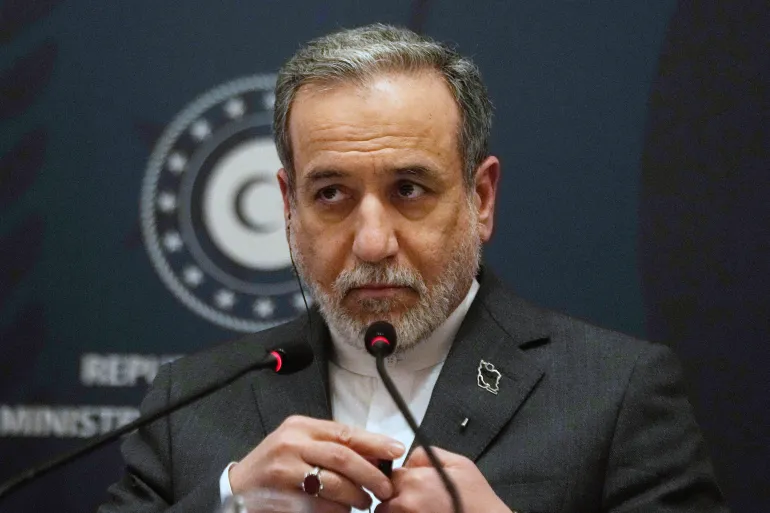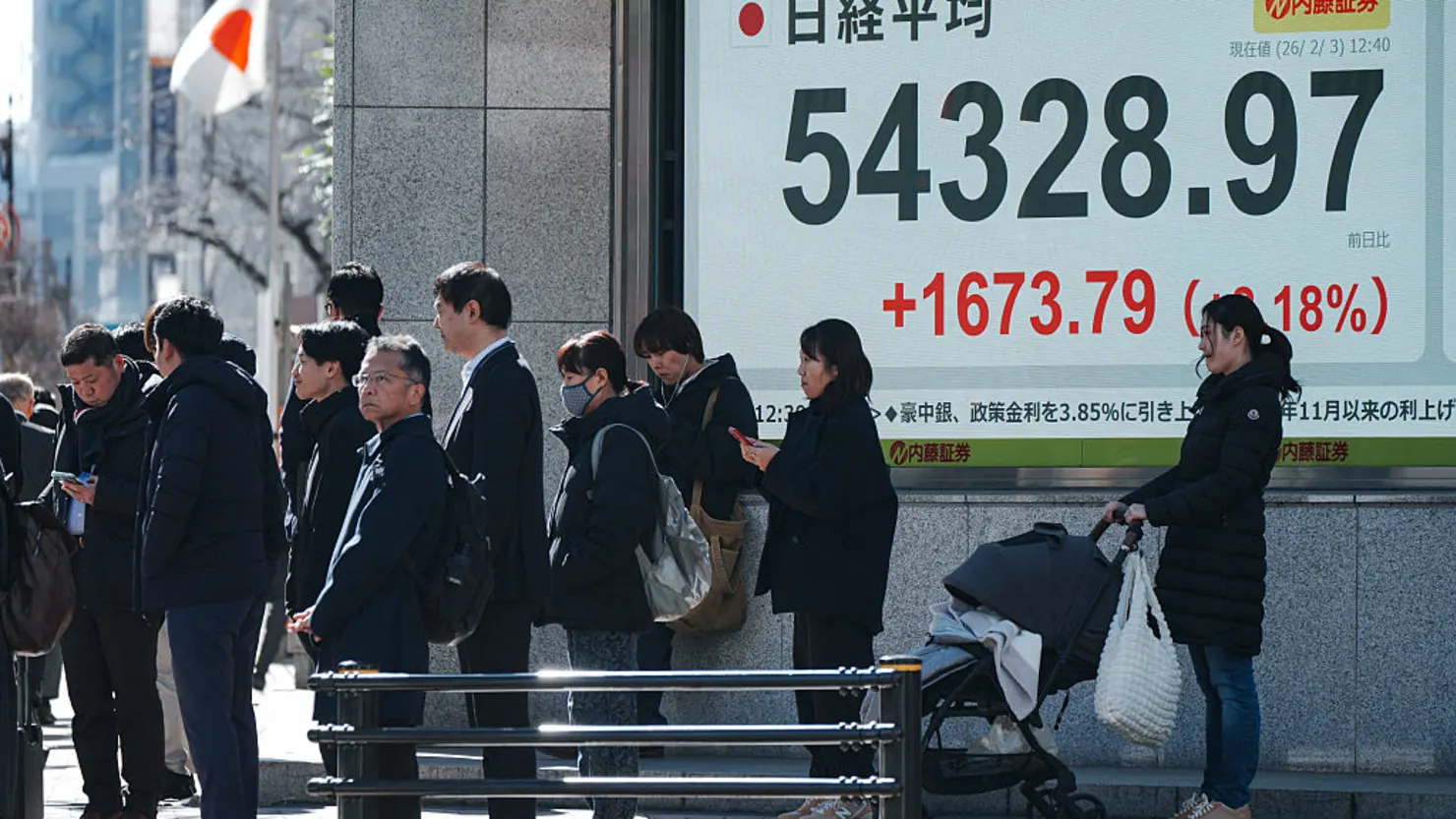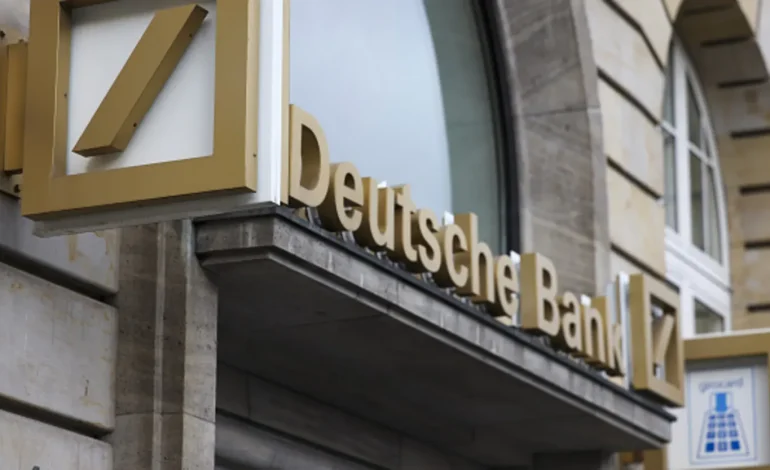Deutsche Bank views the current global trade turbulence, sparked by recent US tariff hikes, as a strategic opportunity to expand its market presence, particularly in Europe.
According to Chief Financial Officer James von Moltke, the shifting trade dynamics are allowing the bank to deepen its role as a key intermediary for clients adjusting to evolving supply chains and investment flows.
Speaking during the bank’s first-quarter earnings call, von Moltke said:
“We’re helping clients adapt to changes in supply chains and trade corridors.”
Von Moltk noted that the realignment of trade routes could prompt more investment in Europe — a region where Deutsche Bank aims to strengthen its footprint.
His comments come as major European financial institutions, including France’s BNP Paribas, express similar optimism. BNP’s CEO Jean-Laurent Bonnafé recently highlighted Europe’s potential to benefit from global trade shifts, predicting significant investment across the continent and positioning his bank to support clients through the transition.
Deutsche Bank’s confidence coincides with a stronger-than-expected first-quarter performance. Germany’s largest lender reported a 39% year-on-year increase in pre-tax profit, reaching €2.8 billion — its highest quarterly result in 14 years. Net profit attributable to shareholders came in at €1.78 billion, beating analyst forecasts, while revenues grew 10% to €8.5 billion.
The results were driven largely by robust performance in the bank’s investment banking division, particularly fixed income and currency trading, which saw a 17% revenue increase. The division remains central to the bank’s strategy as it offsets pressures from a slowing loan business amid softer interest rates.
CEO Christian Sewing described the performance as a sign of sustained progress, stating the bank is “on track for delivery on all our 2025 targets.” Deutsche also reported an improved cost-to-income ratio of 61.2%, continuing a trend of cost control and efficiency gains.
Despite the strong earnings, the bank increased its provisions for credit losses to €471 million, citing geopolitical and macroeconomic uncertainties — particularly those tied to the evolving US trade policy under President Donald Trump. Deutsche noted that additional overlays were applied to reflect potential downside risks from these global developments.
CFO von Moltke acknowledged the complex backdrop, saying that while US tariffs present challenges, they have also spurred demand for financial services, especially in credit trading and rates. He also highlighted the US as a key growth market for the bank, contributing approximately 20% of business.
The broader macroeconomic context includes a shifting political landscape in Germany, where recent reforms to fiscal policy are expected to drive regional investment. Analysts say this could benefit banks like Deutsche by fueling credit demand and boosting investor confidence in European markets.
European peers are watching the evolving environment closely. Bonnafé of BNP Paribas, for example, emphasized that while corporates globally face pressure from trade frictions, much of the impact is expected to be absorbed by the US, with Europe potentially seeing increased capital inflows.
(€1 = $1.14)
With input from Bloomberg, CNBC, the Financial Times, and Reuters.










The latest news in your social feeds
Subscribe to our social media platforms to stay tuned